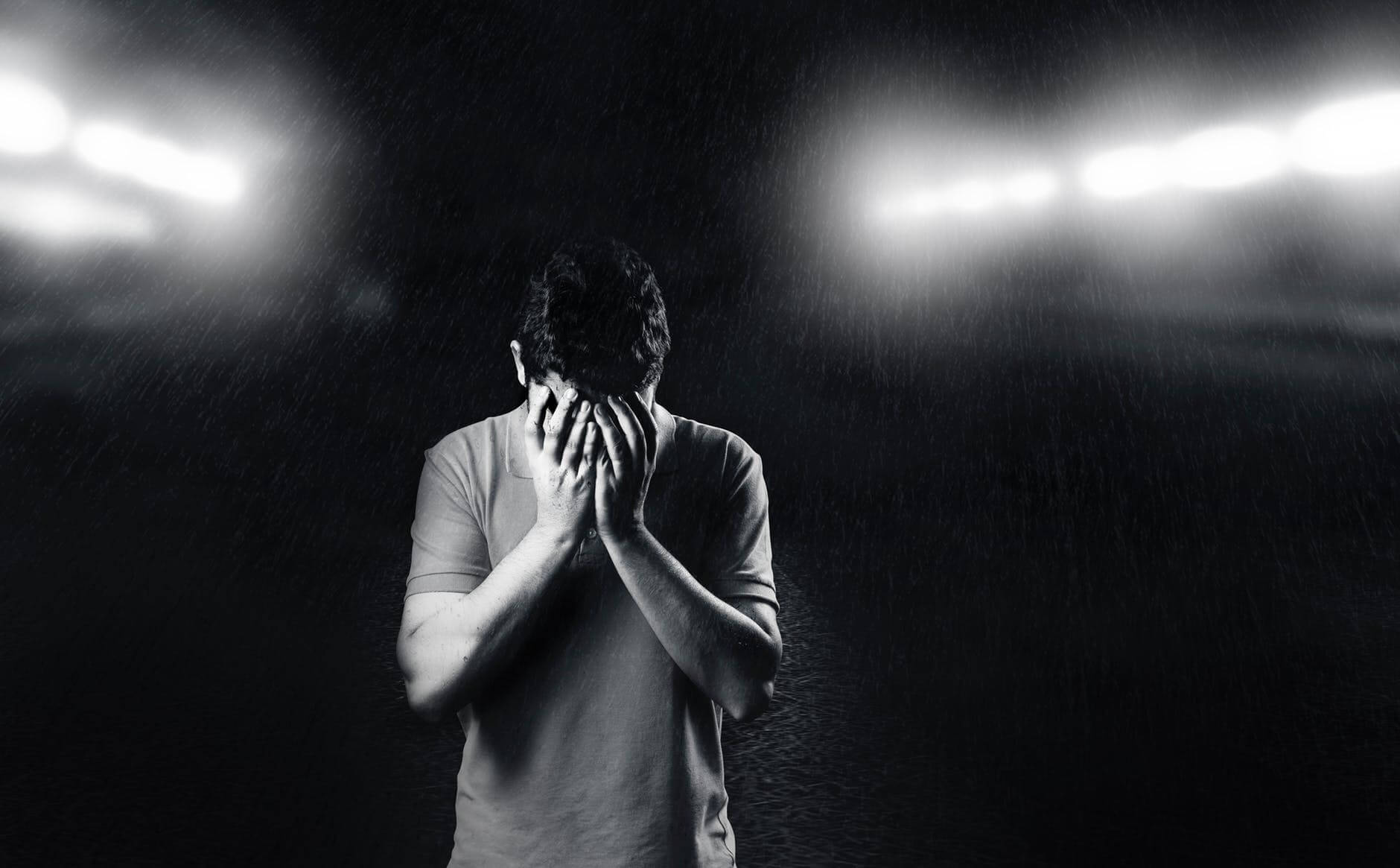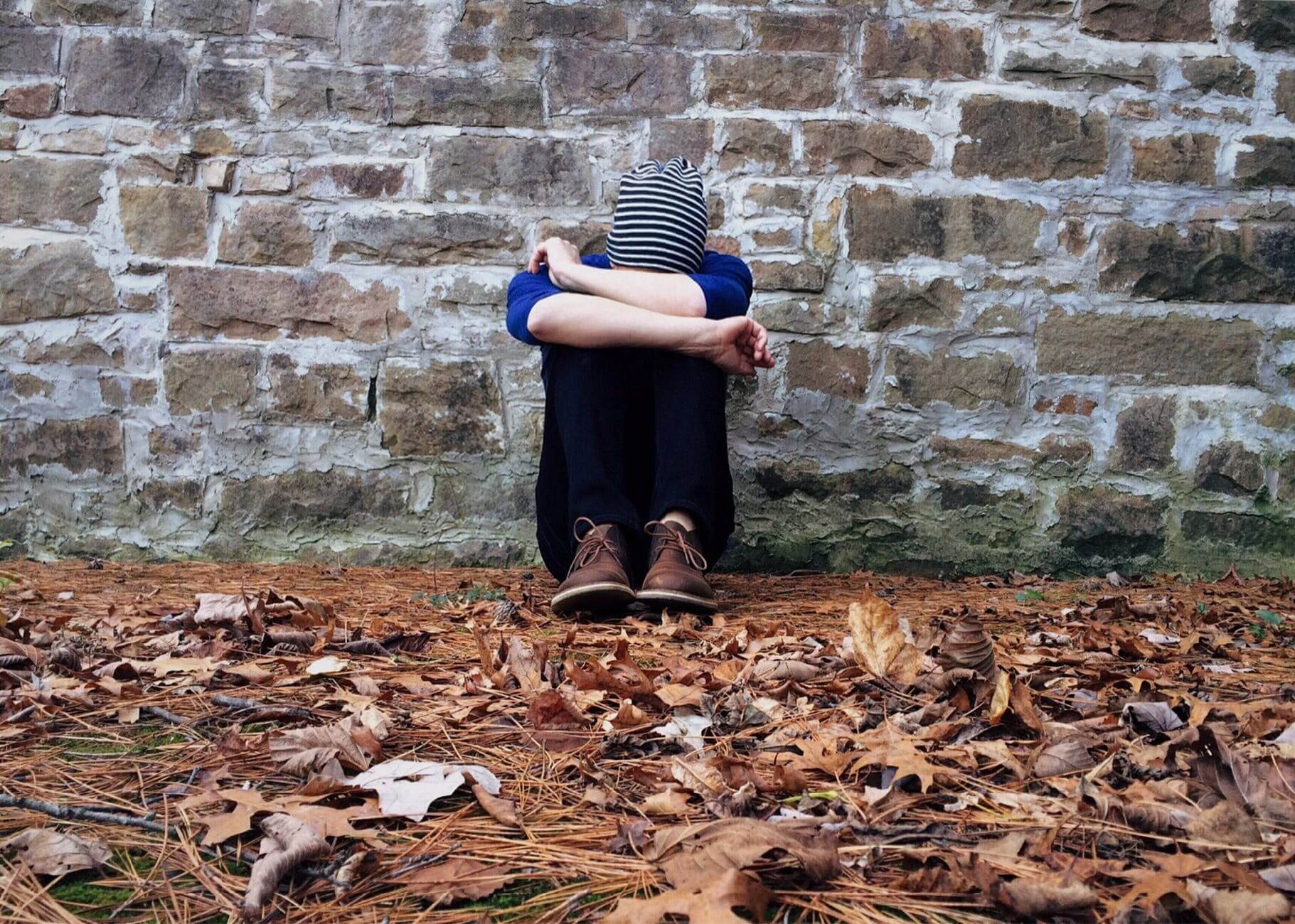Prescription drug addiction is a special problem considering the high availability of medications and affordable prices in relation to illegal substances. Although legal, they can cause severe physical and psychological dependence. This is why the prescription drug abuse has many consequences for the body.
How does prescription drug addiction occur?
Almost everyone is stressed today. Problems at work or in the family can lead to emotional instability, depression, panic attacks, behavioral disorders, insomnia and many other conditions. Sometimes it seems that by taking pills we can calm ourselves down and stabilize ourselves, but the effect is almost always the opposite, and, in this way, we do not solve problems either at work or at home.

Initially, the pills help our body and brain relax, but after a while, anxiety occurs, as do many other mental disorders.
Benzodiazepines are not an instant solution
Benzodiazepines are drugs that belong to tranquilizers. They are easily accessible, and this is how the abuse occurs in most cases.
They get attached to a particular place on the GABA receptor (gamma-aminobutyric acid) and emphasize its effect. GABA is the main inhibitory neurotransmitter in the central nervous system. Its activation leads to a change in the activity of neurons that become inhibited and cease to exercise their function.
They achieve a calming effect, but they also put to sleep when taken in large quantities. Another negative side is that they affect the brain, and they can cause headache and coordination disorders, difficult movement, and disorientation, and thus affect the ability to operate a motor vehicle. In some cases, they may cause agoraphobia or excitement and aggressive behavior, which are certainly the opposite effects of the basic ones.

Benzodiazepines should not be used for more than 10 days, as besides causing addiction, they also have many other side effects.
Some of them are:
- increased risk of myocardial infarction;
- airway obstruction;
- gastritis;
- liver and kidney disease;
- negatively affect the central and peripheral nervous system;
- slow down the thinking process;
- anterograde amnesia;
- depersonalization symptom – losing the sense of one’s own identity;
- lead to paranoia, hallucinations, psychosis, depression, suicidal tendencies…
Combining tranquilizers with alcohol is particularly dangerous because it increases their effect.
Very often, people try to break the habit on their own, but almost every attempt ends unsuccessfully. An abrupt cessation of the consumption of drugs from the group of benzodiazepines can be dangerous to your health, as it leads to seizures, delirium states and hypertension.
Prescription drug addiction and abstinential crisis
Abstinential crisis occurs when there is an abrupt cessation of taking pills. It is manifested in very unpleasant physical and psychological symptoms:
- mood swings;
- anxiety;
- lack of concentration;
- memory problems;
- hopelessness, low energy;
- sweating;
- obsessive, intrusive thoughts;
- disturbed sleep;
- sexual dysfunction …
The critical period lasts for up to two weeks, but in the coming months the symptoms listed may return from time to time and affect the mental function disorder.
As a result of the inability to survive the crisis, sometimes people reach for pills again, thus falling into the vicious circle.
The abstinential crisis is most successfully treated at our clinic because it employs top experts who have many years of experience in the treatment of addiction and mental disorders.
How to recognize the prescription drug addiction and how to help?
If you suspect that a member of your family becomes addicted to pills, pay attention to the following symptoms:
- constantly taking pills despite the awareness of harmful effects;
- irresistible urge to take pills;
- dose increase;
- occurrence of abstinential crisis;
- disinhibition and loss of control.
It is clear that addictions are complicated and complex, and that they are most effectively treated in a protected environment, such as ours. At the VIP Vorobjev clinic, we know that pill addiction is curable, and we have a treatment plan that has proven to be very effective.
To begin with, we collect information and discover the reason why someone started to take medication. Using the latest medical equipment, the condition of the body is examined, such as ECG, EEG and magnetic resonance, which is particularly suitable for monitoring the bioelectric activity of the brain.
Detoxification helps the body to fight the physical addiction quickly and safely. Neurometabolics with sedative function are used, as well as GABA agonists and vitamin neuro complex, which enable the central nervous system to regenerate. After that, we move to psychological stabilization, using pharmacotherapy, psychotherapy, and N.E.T. therapies. All this helps the patient to persevere in the decision to start his new life without medication. Finally, the patient should adhere to the advice and recommendation of the doctor even after leaving the hospital, to change the lifestyle, take the prescribed therapy and regularly come back for the follow-up.

Our success in this field is proved by a large number of cured patients who stayed at our clinic and managed to get rid of this kind of addiction. As with any other addiction, it is crucial to strengthen the patient’s will and desire to really quit the substance and his wish to keep living without it.
With our help, mental health does not have to be an unreachable ideal anymore, but part of your life experience!


